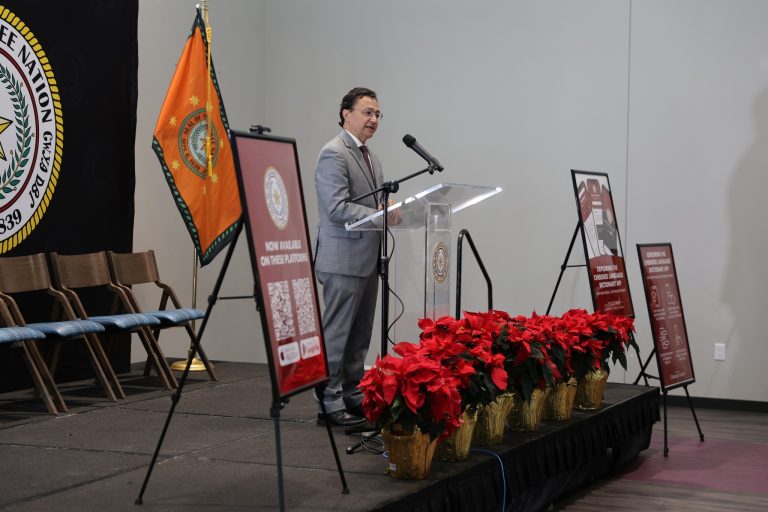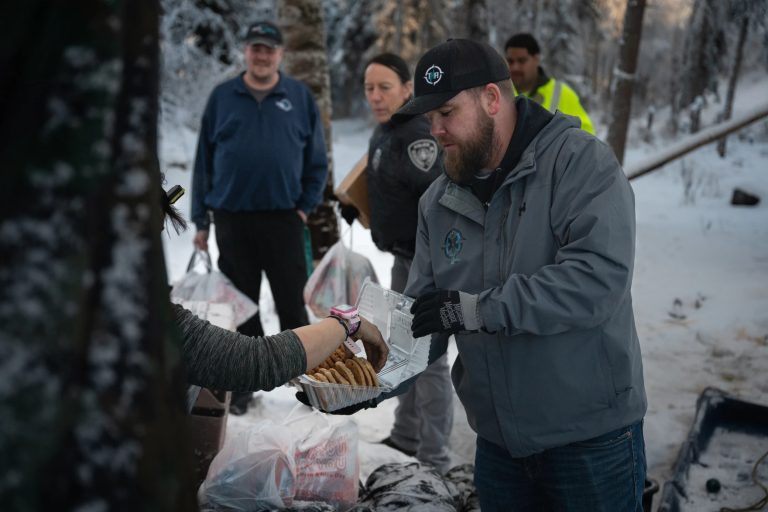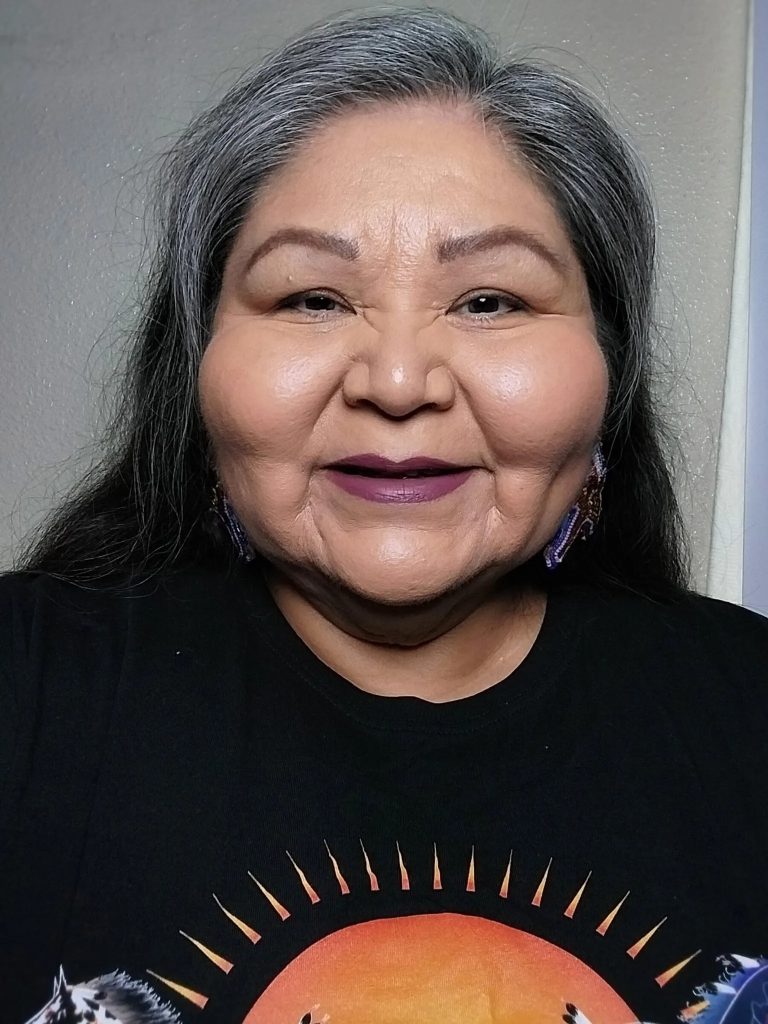Podcast: Play in new window | Download | Embed
Photo: Tali Stone. (Matt Faubion / Alaska Public Media)
The Alaska House of Representatives has passed a bill that would help protect foster kids from unnecessary stays in acute psychiatric care facilities.
It’s likely to become law. And if so, kids will have the right to a court hearing within seven days of entering a facility to determine if the placement is necessary.
Almost 70% of foster kids in the state are Alaska Native or American Indian.
Alaska Public Media’s Rachel Cassandra has more.
Tali Stone was nine years old when her foster mother brought her to North Star, an acute psychiatric facility in Anchorage.
Stone says during the intake, her foster mom exaggerated her behavior and lied that she was seeing ghosts.
“Even the staff said, themselves, ‘I’m not sure why you’re here.’ And I was like, ‘I’m not sure either.”
Stone was at North Star for four weeks, according to her psychiatric records. And over the next two years, she was admitted to North Star a total of four times, each of them several weeks at a time.
Stone is one of the thousands of kids under the care of the Office of Children’s Services (OCS) in Alaska who have spent time, sometimes unnecessarily, in acute psychiatric facilities.
OCS is under-resourced, with a high staff turnover rate, and a serious shortage of foster families.
But Amanda Metivier, who runs the nonprofit Facing Foster Care, says that lack of placements means foster kids stay in psychiatric facilities for too long.
“So, they do an intake at a hospital, they get a diagnosis, and then they linger there.”
Right now, kids have the right to a court hearing within thirty days of admittance, but the bill passed by the state House would reduce that timeline to seven days.
According to the bill, at the Alaska hearing, all people invested in the kid’s care would have to be there – birth parents, foster families, tribes, behavioral health care providers, and OCS.
Every kid over ten would also have their own lawyer who could advocate for them being in the least restrictive setting appropriate.
State Rep. Andrew Gray (D-AK) sponsored the bill. He says there’s a lot at stake.
“The absolute human rights violation of [voice breaks] having your freedoms completely taken away and no one coming to help you, that alone is enough that we have to fix it.”
Metivier worked with kids in foster care to help draft the bill. She says it would add a sense of urgency to the process of assessing the care.
“We need to act quickly on either identifying, again, a higher level of care or different therapeutic intervention, or releasing them.”
Tali Stone says she never got a hearing at all to assess whether she should be there. She says she really hopes this bill passes.
She wants foster kids in institutions to know they’re not forgotten.
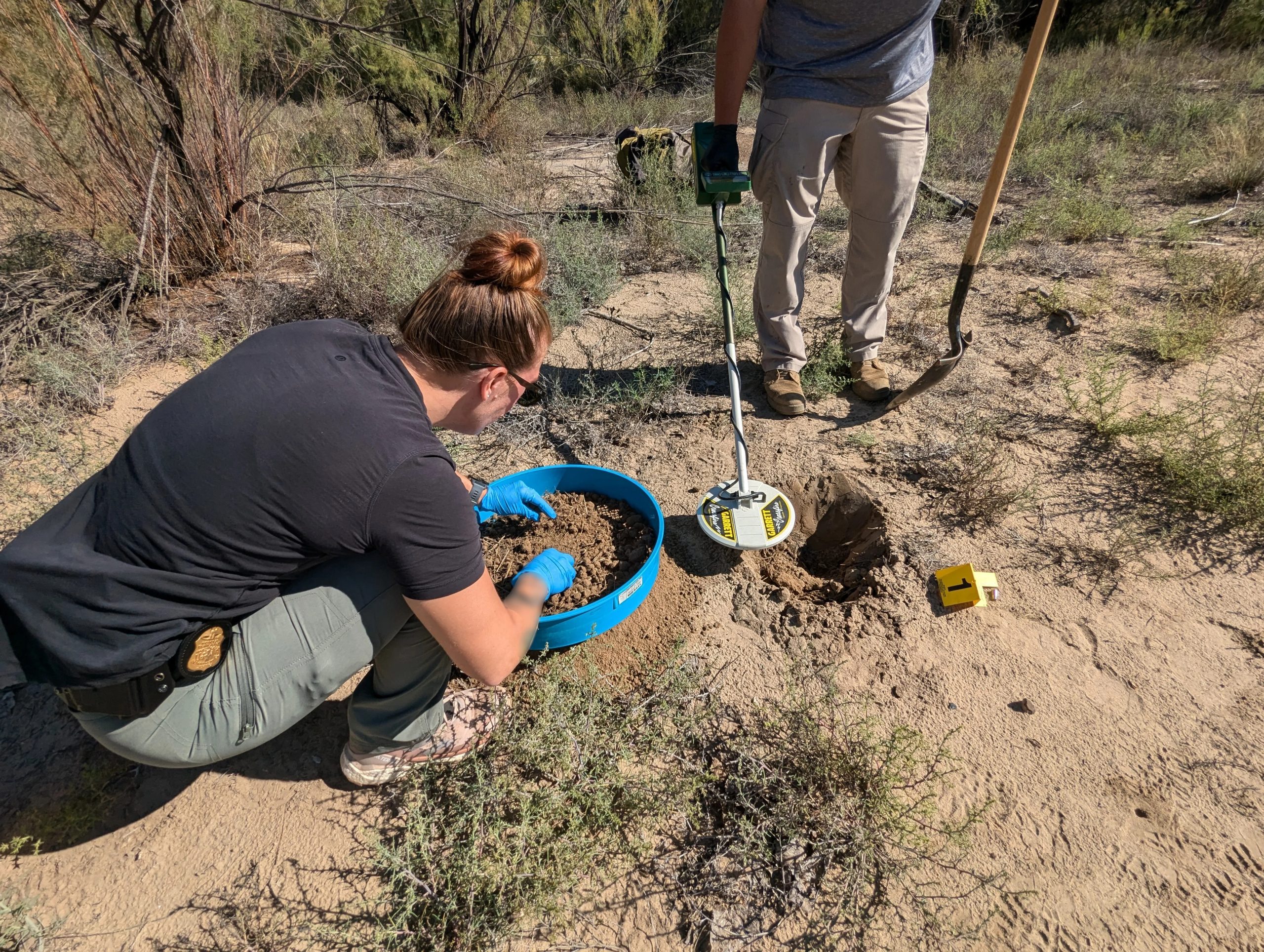
Special Agent Hailey Evans during her 30-day deployment to New Mexico in support of Operation Not Forgotten, a four-month surge of FBI resources to Indian country. (Courtesy FBI)
The U.S. Department of Justice (DOJ) on Tuesday announced increased resources to Indian Country to investigate violent crimes, including related to missing and murdered Indigenous people.
According to the department, the FBI will send 60 personnel to temporary assignments over six months to support 10 field offices, including in Albuquerque, N.M., Denver, Phoenix, Portland, Oreg., and Seattle.
The FBI will work with the Bureau of Indian Affairs (BIA) and tribal law enforcement.
The personnel will work with the BIA’s Missing and Murdered Unit.
In a statement, Attorney General Pam Bondi said crime rates in American Indian and Alaska Native communities are unacceptably high.
She says by surging FBI resources and collaborating closely with U.S. Attorneys and tribal law enforcement to prosecute cases, the DOJ will help deliver accountability these communities deserve.
According to the DOJ, at the beginning of Fiscal year 2025, the FBI’s Indian Country program had about 4,300 open investigations. That includes death investigations, child abuse, domestic violence, and sexual abuse investigations.
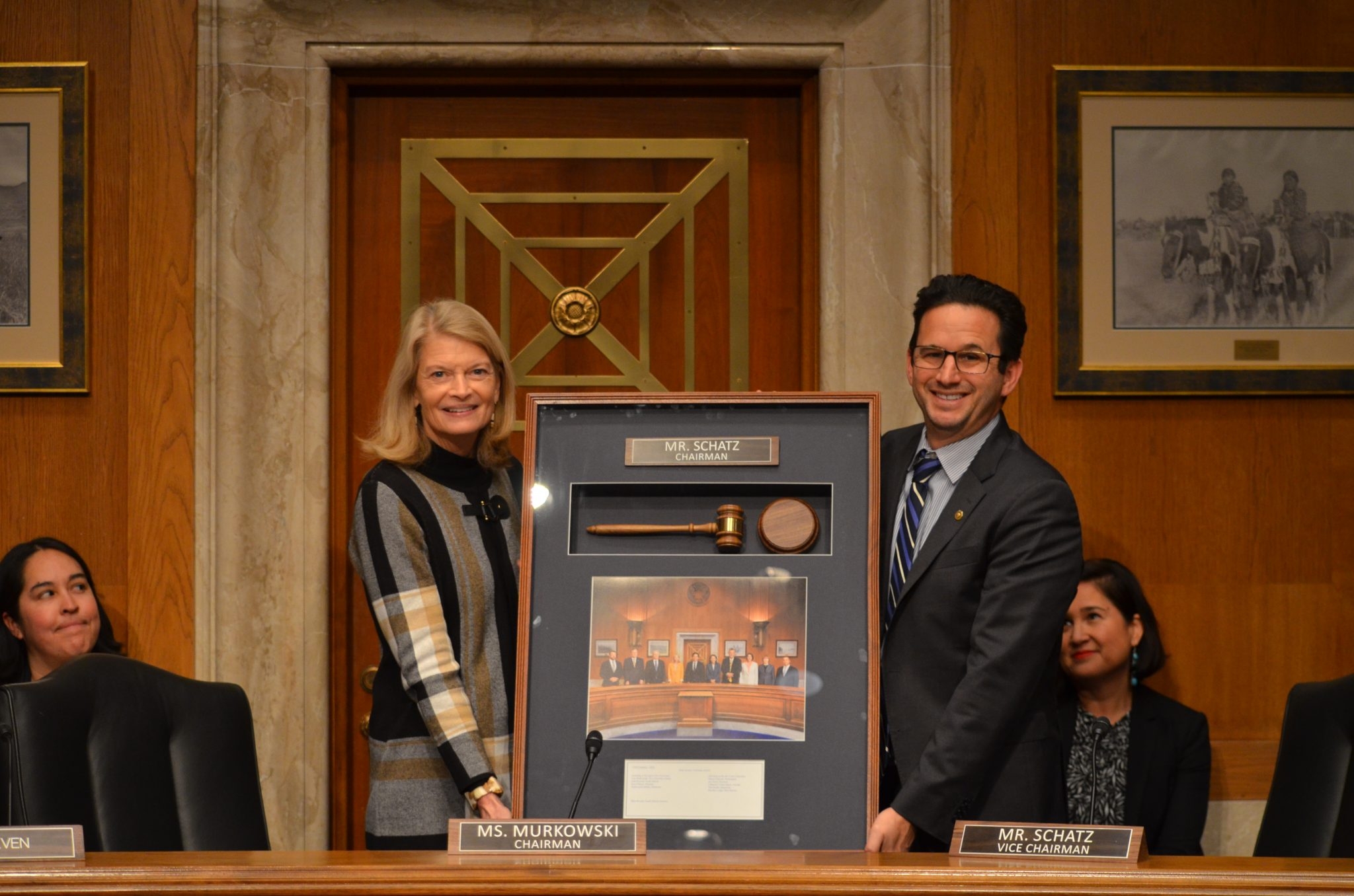 U.S. Sens. Lisa Murkowski (R-AK), chair of the Senate Committee on Indian Affairs, and Brian Schatz (D-HI), committee vice chair, are leading a hearing Wednesday on Indian education.
U.S. Sens. Lisa Murkowski (R-AK), chair of the Senate Committee on Indian Affairs, and Brian Schatz (D-HI), committee vice chair, are leading a hearing Wednesday on Indian education.
The hearing in Washington, D.C. will examine federal programs.
Witnesses include leaders of the National Indian Education Association and the American Indian Higher Education Consortium.
Educators in Indian Country and tribal leaders are among those who’ve been raising concerns about Indian education under Trump administration policies.
Get National Native News delivered to your inbox daily. Sign up for our daily newsletter today.

